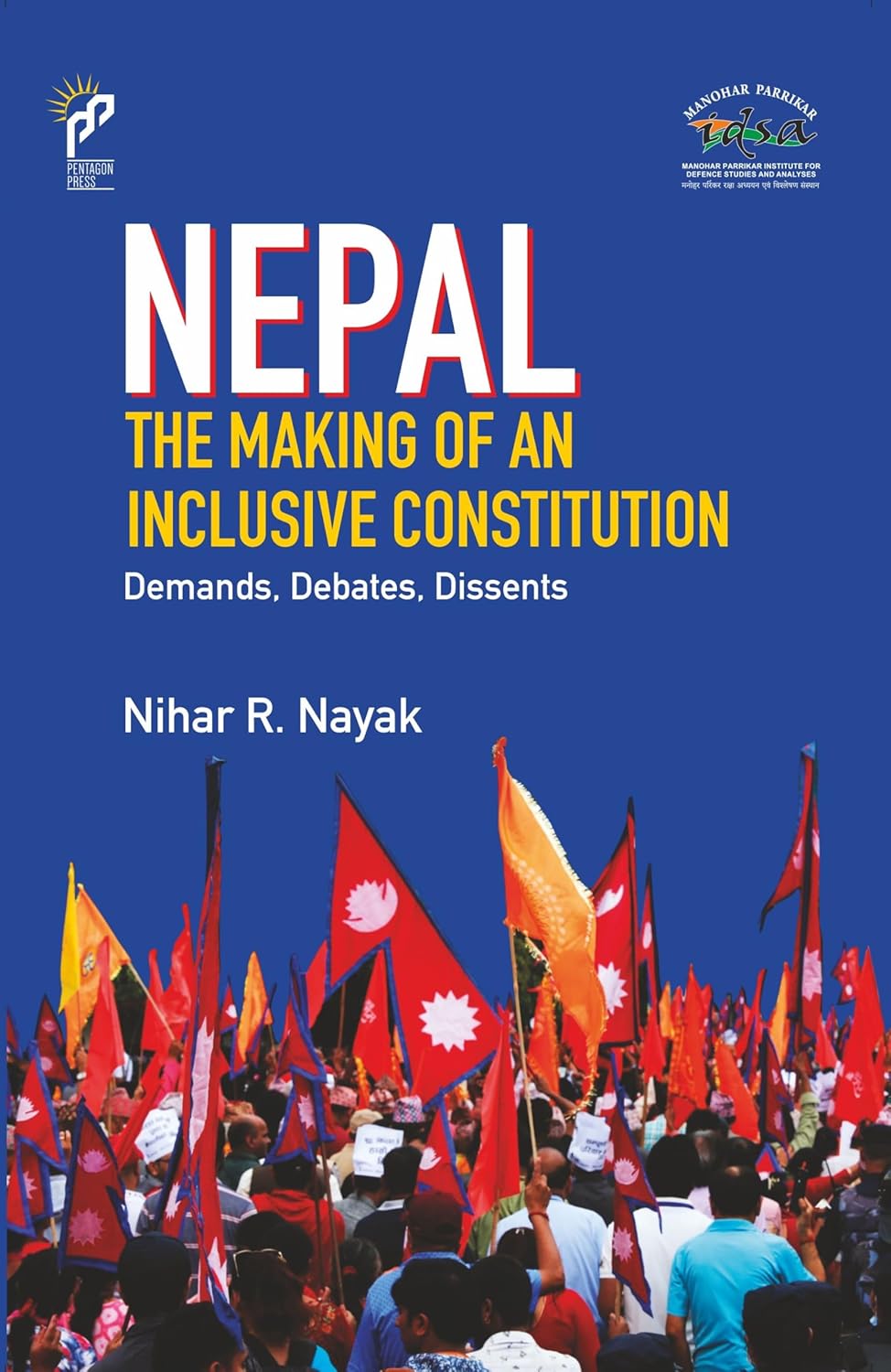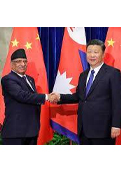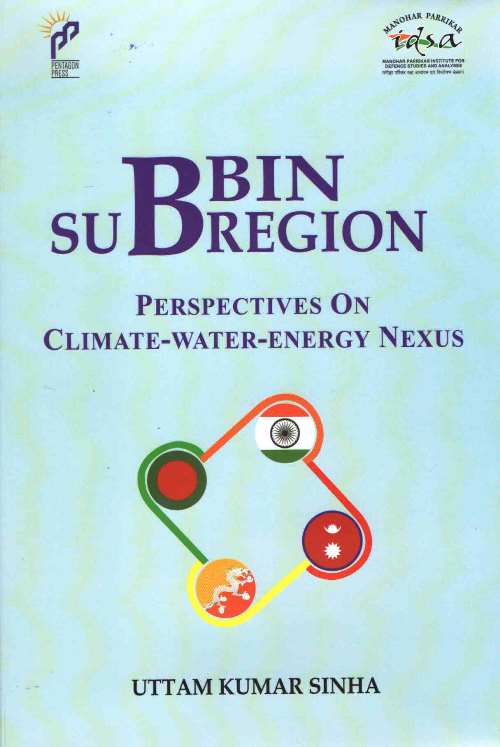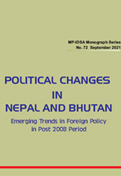Nepal: The Making of an Inclusive Constitution, Demands, Debates, Dissents
- Publisher: Pentagon Press
This book delves into the intricate dynamics surrounding the creation of Nepal’s constitution and the persistent struggle for inclusion by marginalised groups such as the Madhesis, Janajatis, and others. It provides a comprehensive analysis of the movements opposing the 2015 Constitution and their implications for Nepal’s internal stability and India-Nepal relations.
The text is structured into six chapters, in addition to the introduction and conclusion. The introduction provides an overview of the key themes in the book as well as the research methodology employed in the study. The book begins by examining Nepal’s ethnic-regional dynamics, highlighting the dominance of Hill elites and the marginalisation of Janajati and Madhesi communities despite constitutional promises of inclusivity. It traces the evolution of Janajati and Madhesi movements, detailing their historical roles, internal divisions, and struggles to consolidate political power. The book explores the Madhesi identity discourse, shaped by cultural discrimination, and examines how fragmentation within the Madhesi movement has weakened public support and controversies involving India’s perceived role. It also discusses the Maoist movement’s appropriation and neglect of Janajati demands, the challenges faced by Nepal’s constituent assemblies in drafting an inclusive constitution, and the growing public disillusionment with the democratic process. Finally, it analyses external influences on Nepal’s internal politics, including Western countries’ advocacy for ethnic-based federalism, India’s strained relations over Madhesi demands, and China’s reservations about federalist policies.
The study bridges a critical research gap by focusing on post-2015 developments in these movements and their evolution within the changing political landscape. The conclusion warns that without empathetic efforts to address marginalised groups’ demands, Nepal risks prolonged political instability and strained relations with India, given the latter’s deep societal and strategic ties with Nepal. This book is essential for those seeking to understand Nepal’s constitutional journey, its marginalised communities’ aspirations, and the broader regional ramifications.
- ISBN: 9788198285737 ,
- Price: ₹ 995/-
- Nihar R. Nayak
- April 15, 2025













